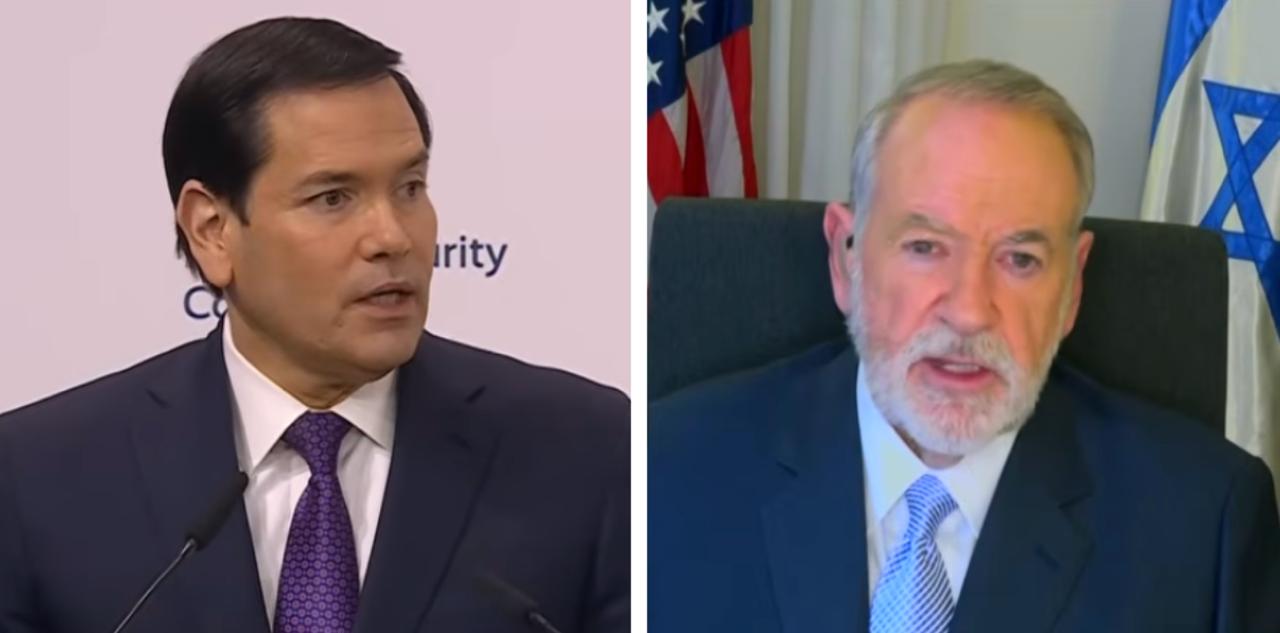Milton Friedman, the intellectual architect of the free-market reforms of the post-World War II era, was a dear friend. I was probably the last person to go out to lunch with Milton. We met at his favorite restaurant in San Francisco, where I showed him a picture of him standing next to John Kenneth Galbraith, the premier Keynesian and welfare statist of the 20th century. It was a picture in contrast: Milton Friedman, around 5 feet tall, and Galbraith, almost 6 feet, 10 inches in height. Beneath the picture was an ironic quotation by George Stigler: "All great economists are tall. There are two exceptions: John Kenneth Galbraith and Milton Friedman." Milton was so pleased with the photo and caption that he sent it to all his friends only a few weeks before his passing.
The triumph of free-market reforms introduced by Thatcher, Reagan and other leaders in the post-Berlin Wall era (reforms such as lower taxes, deregulation, privatization, and the collapse of the Keynesian and Marxist paradigm) can be laid at the feet of a single giant figure: Milton Friedman. Other free-market economists had their impact, but Friedman's was the most influential.
Founder of the modern-day Chicago school of economics, Milton Friedman was the catalyst of many new and exciting ideas that transformed economics from the "dismal science" to the "imperial science" of today. His impact has been felt in policies such as monetarism, privatization of Social Security, school choice, and futures markets in currencies, as well as in scholarly pursuits that transformed the economic profession and the war of ideas. He was the first economist to counter effectively the Keynesian monolith and its myths that capitalism is inherently unstable, that money does not matter, and that there is a trade-off between inflation and unemployment. Friedman debunked them all. He demonstrated that money mattered a lot: “Inflation is always and everywhere a monetary phenomenon.”
His most important work is his 1963 magnum opus, “A Monetary History of the United States, 1867-1960,” co-authored with Anna J. Schwartz. This book carefully demonstrated a close correlation between monetary policy and economic activity. The authors demonstrated beyond doubt that it was government ineptitude by the Federal Reserve, and not free-enterprise capitalism, that caused the Great Depression. Friedman and Schwartz showed that the Fed allowed the money supply to collapse by over a third. This booked marked the beginning of a counterrevolution—deviating from the Keynesian view that the welfare state and big government were beneficial. Now government was seen as the "cause" of our problems, not the cure, as Reagan used to say. Textbooks replaced "market failure" with "government failure." And Friedman made it happen.
Friedman was able to succeed because he had impeccable credentials within the economics profession—earning his Ph.D. from Columbia University, becoming president of the American Economic Association in 1967, being published by Princeton University Press, teaching at the University of Chicago, and winning the Nobel Prize in Economics in 1976 (appropriately on the 200th anniversary of America's Declaration of Independence).
After establishing himself as a top-ranked economist, he wrote for the general public, especially "Capitalism and Freedom" (1962) and "Free to Choose" (1980), co-authored with his wife and fellow economist, Rose Friedman. (Rose was his beloved companion in life - they traveled and worked together, had two children, and wrote the memoir "Two Lucky People"). Milton told me that he always regarded "Capitalism and Freedom" as his best book for the intelligent layman. I highly recommend the book as an ideal libertarian document.
On a personal level, Milton was a unique friend. Always intelligent and demanding of evidence, Milton had an "open door" policy toward people of all walks of life. He kept his secretary busy handling abundant correspondence with friends and strangers. When I first met him in the early 1980s, he didn't know me from Adam, but he was willing to meet with me and answered my questions seriously. Ever since then I have kept up our friendship by letter, e-mails, telephone calls and dinner or lunch over the past dozen years. He invited me to my first Mont Pelerin Society meeting (a gathering of international scholars that Friedrich Hayek established in 1947) and through his influence, I became a member in 2002. He generously wrote blurbs for my recent books, and was a big fan of "FreedomFest," my annual gathering of freedom lovers. When I had the opportunity to teach at Columbia Business School, he wrote a favorable letter to the dean to help me get the position.
Milton loved a good argument and we had plenty over the years, especially about the gold standard and the Austrian theory of the business cycle. When I told him the title of my new book, "Vienna and Chicago, Friends of Foes?" (Capital Press/Regnery, 2006), he responded, "Both—We're friends and foes!" In the early 1990s, when I wrote a marketing piece for another book with the headline, "Japan and Germany Will Surpass the U.S. economy by 2000," but he corrected me. "It won't happen." He was right. Occasionally, I was able to change his mind, but it was never easy.
Milton's mind was bright and alert to the end, although he suffered from pain in his legs and he had a hard time walking. He also had gone through two open-heart surgeries in the 1980s. This year, when he turned 94, I asked him, "Do you think you will live to be 100?" His reply: "I hope not!" But Milton was almost always upbeat about life, even to the end. He was not a particularly religious man, but he expressed interest in religious topics near the end of his life. His favorite poem was Keat's "Ode on a Grecian Urn,” which ends, “Beauty is truth, truth beauty—that is all/ Ye know on earth, and all ye need to know.” He discovered both in a full and complete life. I consider it a privilege and honor to have known him.





